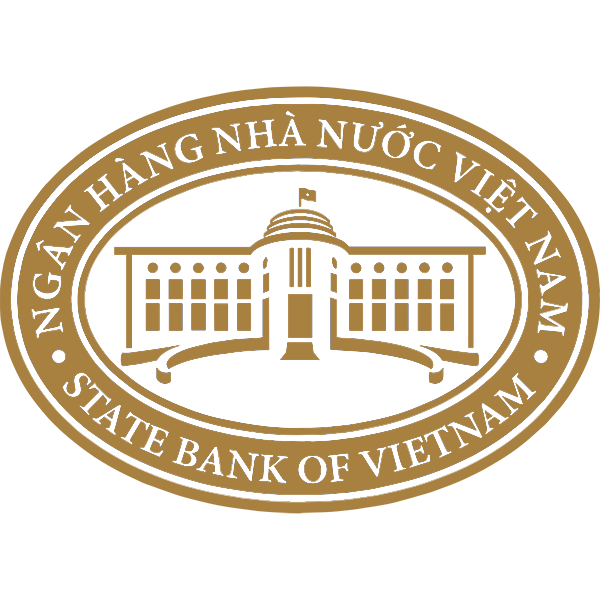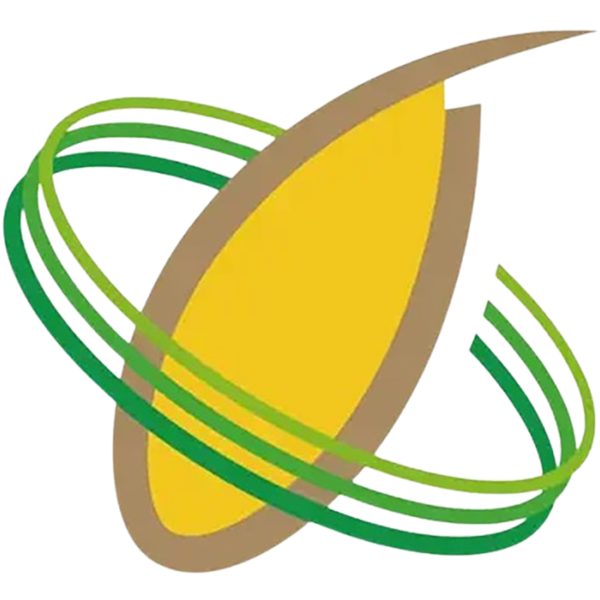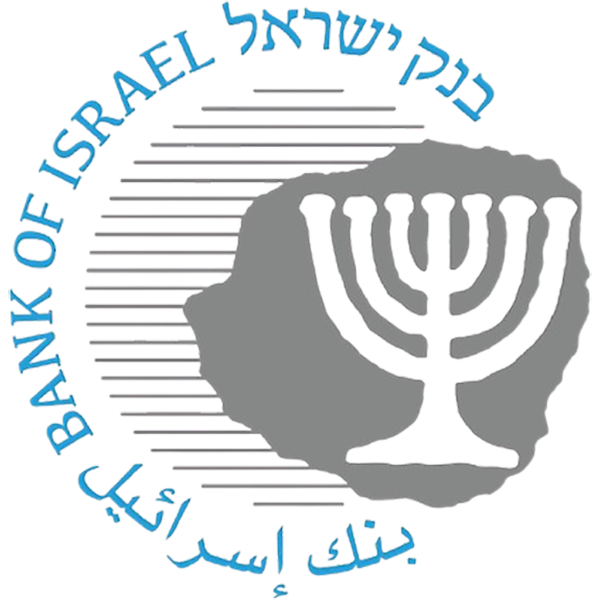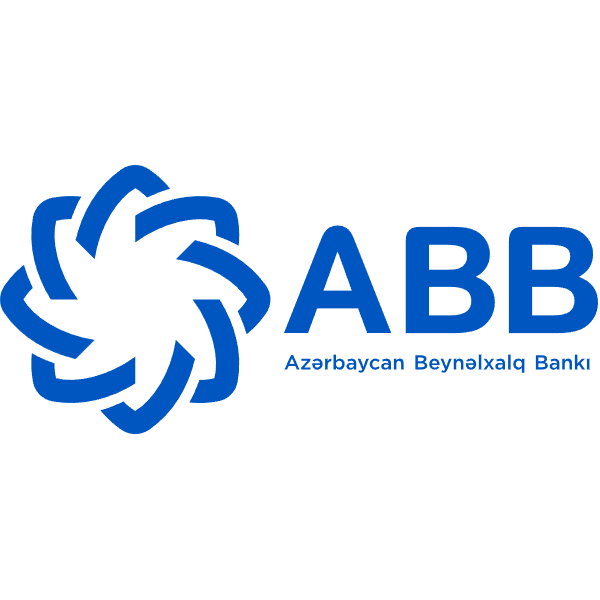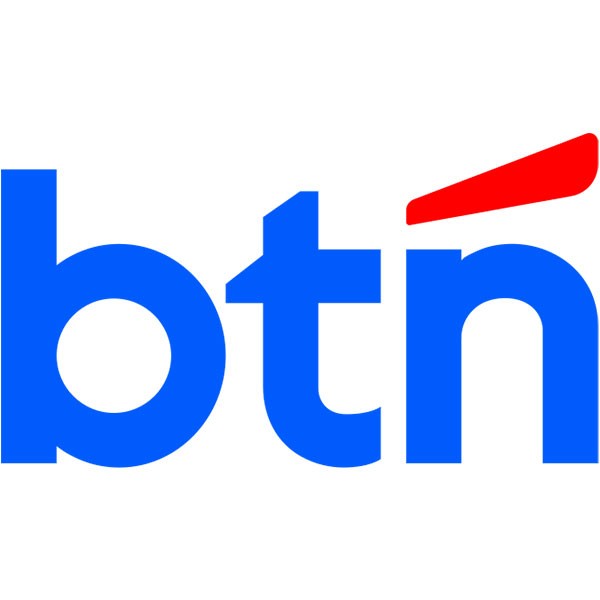Nombre
El Banco Estatal de Vietnam fue establecido originalmente por la República Democrática de Vietnam (el régimen de Vietnam del Norte durante la Guerra de Vietnam) el 6 de mayo de 1951, y fue conocido originalmente como "Ngân hà ng Quc gia Vit Nam / Banco Nacional de Vietnam" (Banco Nacional de Vietnam). Fue cambiado oficialmente a "Ngân hà ng Nhà nc Vit Nam" el 26 de octubre de 1961 (Banco Estatal de Vietnam).] "Nhà nc" y "Quc gia" tienen diferentes significados en vietnamita, "Nhà nc" generalmente se refiere a las entidades gubernamentales del país, y "Quc gia" se refiere al país en su conjunto. Por lo tanto, el nombre "Ngân hà ng Quc gia Vit Nam" ahora se usa generalmente en vietnamita para referirse al Banco Estatal de Vietnam establecido por Vietnam del Sur.
Al mismo tiempo, el Estado de Vietnam (es decir, el régimen del emperador Bao Da) también estableció su propio Banco Nacional el 31 de diciembre de 1954, también conocido como "Ngân hà ng Quc gia Vit Nam /
Historia
Ver: Historia de Vietnam
El 20 Piast French Indochina Dollar Note emitido por la Sucursal de Saigón del Oriental Exchange Bank en 1898
Vietnam estaba bajo dominio colonial francés en la Indochina francesa a finales del siglo XIX. En ese momento, el gobierno colonial confió a un banco comercial local, Oriental Exchange Bank, para administrar la emisión de moneda de Indochina. En agosto de 1945, después de que la Alianza para la Independencia de Vietnam (Viet Minh) lanzara la Revolución de agosto para derrocar al gobierno de Vietnam (el régimen del emperador Bao Da), el 2 de septiembre del mismo año, Ho Chi Minh emitió la Declaración de Independencia en la Plaza Ba Dinh de Hanoi, declarando la independencia de Vietnam, y se estableció oficialmente la República Democrática de Vietnam. Sin embargo, en los primeros días del establecimiento del país, los problemas urgentes de sustento en el país esperaban ser resueltos y el nuevo gobierno enfrentaba muchos desafíos financieros. Las arcas del gobierno mantenían más de 1,25 millones de piastras de dólares franceses de Indochina dejados por el gobierno anterior, y más de la mitad de los billetes estaban en estado dañado; mientras que la institución emisora de billetes, Oriental Exchange Bank, todavía estaba bajo el control de los colonos franceses. El nuevo gobierno no pudo llegar a fin de mes, por lo que estaba listo para emitir nueva moneda lo antes posible para reponer el tesoro nacional.
Sin embargo, poco después de que estalló la Primera Guerra de Indochina en diciembre de 1946, y todo el país de la República Democrática de Vietnam entró en un estado económico de guerra. El gobierno estableció tres áreas monetarias para emitir monedas en sus respectivas regiones. El 3 de febrero de 1947, la primera institución de crédito de Vietnam, la "Oficina de Crédito de Producción" (vietnamita: Nha tín dúng sn xu t / ya credit) Más tarde, el 6 de mayo de 1951, el Banco Estatal de Vietnam (vietnamita: Ngân hà ng Quc gia Vit Nam) se estableció oficialmente de acuerdo con con el Decreto No. 15 / SL emitido por el presidente Ho Chi Minh (S c lnh s15 / SL ngà y 6-5-1951). En 1959, el Comité Central del Partido Comunista de Vietnam decidió unificar las fuerzas armadas del Sur con , y estalló la guerra de Vietnam. El 26 de octubre de 1961, el Banco Estatal de Vietnam cambió su nombre de "Ngân hà ng Quc gia Vit Nam" (Banco Nacional de Vietnam, VNB) a "Ngân hà ng Nhà nc Vit Nam" (Banco Estatal de Vietnam, SBV).
Durante el período desde la partición del Norte y el Sur hasta finales de 1964, el Banco Estatal de Vietnam desarrolló gradualmente relaciones de cooperación con 265 bancos de 41 países. Durante el mismo período, bajo la dirección del Banco Estatal, el Banco de Construcción de Vietnam (vietnamita: Ngân hà ng Kin tht Vit Nam / Banco de Construcción de Vietnam?) y el Banco de Comercio Exterior de Vietnam (vietnamita: Ngân hà ng Ngoi thng Vit Nam / Banco de Comercio Exterior de Vietnam?) Fueron establecidos.
En 1973, el ejército estadounidense se retiró de Vietnam. A finales de 1974, Vietnam del Norte lanzó la Ofensiva de Primavera. En abril de 1975, Saigón cayó y el régimen de la República de Vietnam en el sur se derrumbó. En el mismo año, el Gobierno Revolucionario Provisional de la República de Vietnam del Sur dirigido por Vietnam del Norte se hizo cargo del poder en el sur. Durante este período, con el fin de restaurar la sociedad y desarrollar la economía de la posguerra, el Banco Estatal de Vietnam en Vietnam del Norte se hizo cargo del Banco Estatal de Vietnam en Vietnam del Sur y su sistema bancario.
Después de que el Banco Estatal de Vietnam tomó el poder en el Sur, con el fin de eliminar y destruir el dong de Vietnam del Sur dejado por el antiguo régimen y unificar gradualmente la moneda nacional, el Buró Político del Comité Central del Partido Comunista de Vietnam decidió emitir el dong vietnamita en el Sur para reemplazar la moneda heredada del régimen de Vietnam del Sur, y del 22 al 30 de septiembre de 1975, la población lo reemplazó con 500 viejos dong de Vietnam del Sur por 1 nuevo dong vietnamita. Ya que Vietnam ha formado dos áreas monetarias principales, una es la zona norte emitida por el Banco Estatal de Vietnam (SBV) de la República Democrática de Vietnam, y la otra es la zona sur emitida por el Banco Estatal de Vietnam (VNB) del Gobierno Revolucionario Provisional de la República de Vietnam del Sur.
En julio de 1976, las instituciones administrativas de Vietnam del Sur se incorporaron a Vietnam del Norte, Vietnam se unificó oficialmente y se estableció la República Socialista de Vietnam. En este momento, el Banco Estatal de Vietnam del Sur se fusionó oficialmente con el Banco Estatal de Vietnam del Norte. Para iniciar oficialmente la unificación de la moneda nacional, el 1 de abril de 1978, el Buró Político del Comité Central del Partido Comunista de Vietnam emitió la "Resolución No. 08" (Ngh 'quy t s 08 / NQ-TW). Según la resolución, el Banco Estatal de Vietnam comenzó a emitir nuevos billetes y a reciclar billetes viejos en todo el país el 5 de mayo del mismo año.
En 1986, después de que el Partido Comunista de Vietnam cambiara su liderazgo, cambió gradualmente su política económica, aprendió el modelo de economía de mercado y apertura de inversiones, y comenzó a reformar y abrir. En mayo de 1990, la Asamblea Nacional de Vietnam aprobó dos regulaciones bancarias, y el sistema bancario de Vietnam entró en un período de transformación integral. De 1990 a 1996, el Banco Estatal de Vietnam adoptó una herramienta activa de política de tasas de interés para administrar la política monetaria y establecer un mercado monetario sólido. Durante este período, el crédito interno creció a una tasa anual promedio del 36%. En 1997, la Asamblea Nacional de Vietnam aprobó la Ley del Banco Estatal de Vietnam (Lu t Ngân hà ng Nhà n c Vit Nam 1997) y la Ley de Entidades de Crédito (Lu t Các tch c tín d ng), que sentaron las bases legales básicas para la transformación continua del sistema bancario de Vietnam hacia una integración internacional orientada al mercado. En 2003, la Asamblea Nacional de Vietnam emitió la Ley de Enmienda del Banco Estatal de Vietnam (Lu t saži bsung Lu t Ngân hà ng Nhà nc Vit Nam 2003), y en 2010, la Asamblea Nacional de Vietnam emitió la nueva Ley del Banco Estatal de Vietnam (Lu t Ngân hà ng Nhà nc Vit Nam 2010). El 6 de mayo de 2015, se rediseñó el sitio web oficial del Banco Estatal de Vietnam. Se rediseñó la interfaz y se adoptó un nuevo emblema. El antiguo emblema ya no se usa. El Gobernador del Banco Estatal de Vietnam es uno de los miembros del Gabinete del gobierno vietnamita. El Gobernador es nominado por el Primer Ministro y aprobado por la Asamblea Nacional, mientras que el Vicegobernador es recomendado por el Gobernador y nombrado por el Primer Ministro. El mandato del Gobernador y el Vicegobernador es de 5 años.
